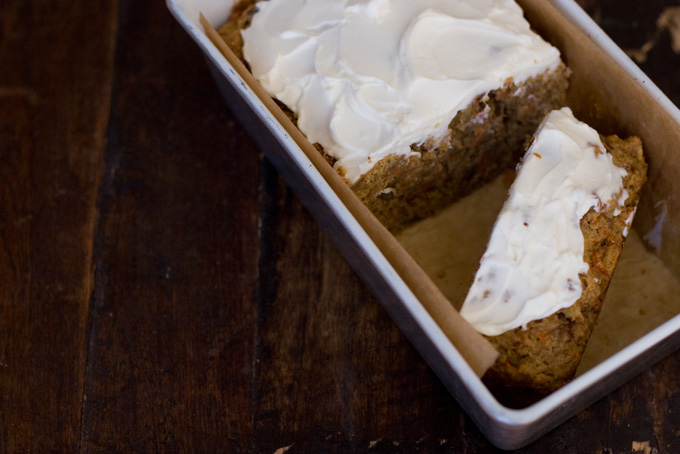In his book, he discusses the WHY behind our goals for proper eating and nutrition. For a Christian, there are many more reasons than one might expect, and Peter does a great jog digging into some of them.
Peter describes his book in a one-liner: "Biblical principles are foundational for glorifying God in all interactions with food."
Peter Bringe Interview
Functional Foodish (FF): Tell us a bit about yourself, your background, etc...
Peter Bringe (PB): I
am a Christian son and brother who loves history, theology/philosophy,
and art (music, food, dance, poetry, etc.). I play various musical
folk instruments, call traditional dances, participate in historical
reenacting, and help with my local church, especially in its music. I
have been saved from sin by Christ alone and seek to live in accord with
that wonderful reality. My parents homeschooled me in the Lord from the
day they brought me home from the hospital. I am currently attending
Whitefield College and interning with Generations with Vision and the
Rocky Mountain Shepherd Center. I have grown up in St. Charles County,
Missouri, and I currently reside with my family outside of Elizabeth,
Colorado (population 1,500, elevation 6,530). We are members of
Reformation Church OPC.
FF: Tell us about your business and work, and any ways that nutrition/your book tie in...
PP: Currently,
I work with Generations Radio as their Program Director. I also have
some small musical endeavors, such as a fife and drum corps I helped
start and performing folk music most Saturdays with my mom at a local
coffee house. The various local community events have helped inform my
understanding of culture (of which food is an important part). My time
with Generations Radio and interning with the director (and my pastor),
Kevin Swanson, has certainly taught me much about applying the Bible to
day-to-day culture.
FF: How did you first become interested in food and nutrition?
PB: Important
for my getting involved in the subject of food is the heritage of my
father and grandpa. Both have a Ph.D., both have worked in the
scientific aspect of the food industry and agriculture, and both have
been fairly innovative in their fields. My father has a great love for
beauty and God’s creation, and this has been reflected at our family
table as I have grown up (both in what has been on the table and what
has been discussed around it). Especially in the homeschool community, we
have noticed much attention paid to the subject and it has been the
subject of many conversations with our friends. We have noticed much
confusion and chaos when it comes to this subject. I wrote this book
both to carry on my heritage and to root our understanding of food as
Christians in the basic principles of God’s word. Without understanding
biblical principles, our more specific food discussions will be off to a
bad start. To be honest, I do not see food and nutrition forming my
main calling in life (I aspire to be a pastor), but I do see it as
something that needs to be reformed by Christians, and I hope my
contribution has helped.
FF: How do you use what you've written about practically in daily life? (in what you eat, etc.)
PB: Well,
for example, we generally do eat a plant-based diet, with Biblically “clean” meat
in smaller proportions than are average, and “unclean” meat only when offered it by
others. We do have times of celebration where we are not afraid of
thanking God for good tasting food we enjoy, food we might not normally
eat. My mom has done a great job in preparing beautiful food in our
house. I do sometimes fast in accordance with what I have written, as a
way of rest, self-control, and preparation for prayer, recognizing that I
can’t rely on fasting for sanctification instead of Christ. We also have a
good-sized garden, especially for the area in Colorado where we live, of
which we enjoy the produce.
Thank you, Peter, for contributing to the literally world with your book and being willing to be interviewed for this blog post.
